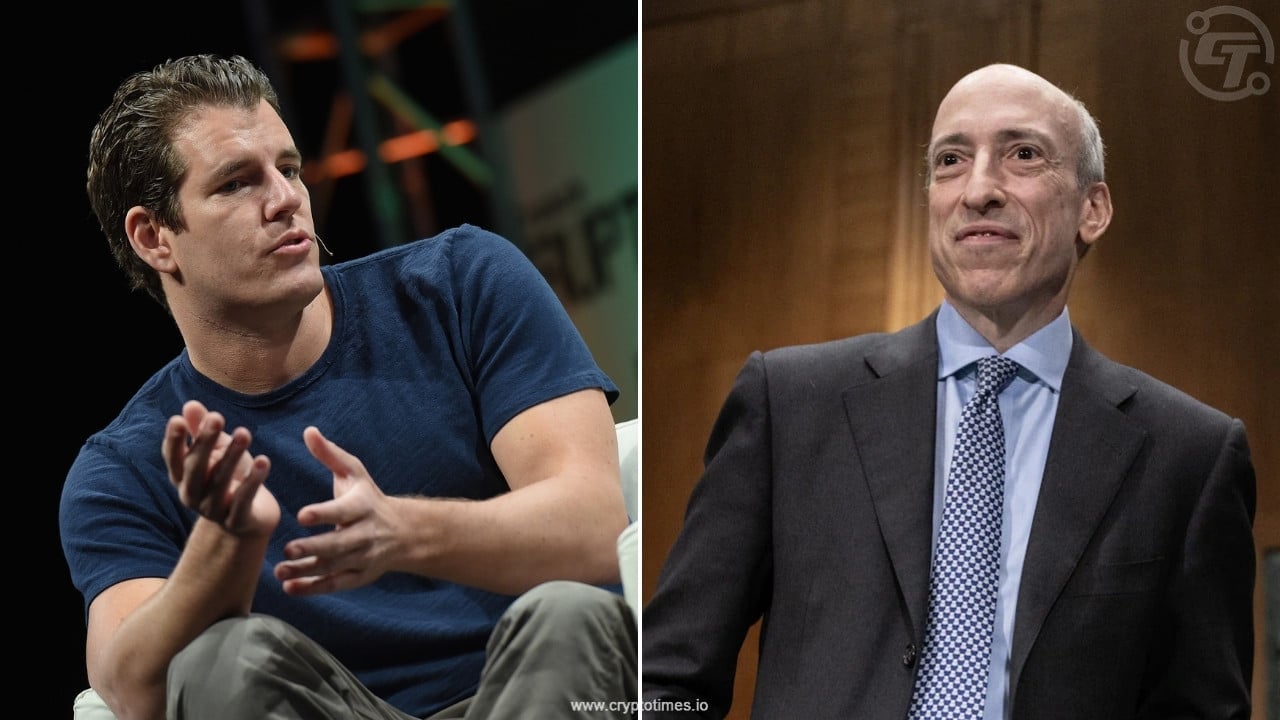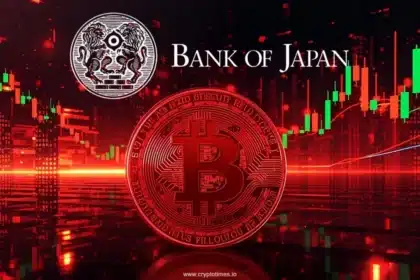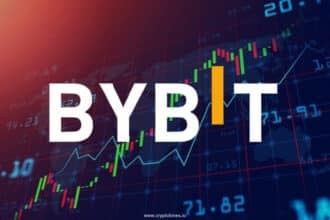Tyler Winklevoss, one of the co-founders of Gemini, has criticized former SEC Chair Gary Gensler following his recent interview on CNBC. In the interview on September 18, Gensler disclosed that the SEC tackled nearly 100 fraud cases during his tenure. He stood firm on his strict approach to cryptocurrency, emphasizing that protecting investors was his main focus.
On the contrary, Winklevoss responded by commenting that Gensler’s methods have somewhat inhibited innovation and growth of the crypto sector.
Gensler argued that most crypto trading relies on hype and momentum rather than solid fundamentals. He excluded Bitcoin from this assessment but labeled thousands of other tokens as highly speculative.
“Investor protection remains at the core of the SEC’s mission,” Gensler stated. Despite this, many in crypto believe his policies stifled progress and created unnecessary friction between regulators and innovators.
Winklevoss vs. Quintenz Clash
Besides his criticism of Gensler, Winklevoss is also embroiled in a feud with Brian Quintenz, former CFTC head and Trump nominee. The dispute erupted publicly when Quintenz shared private messages from Winklevoss on X.
In the messages, Tyler blasted the Biden administration for what he called “seven years of lawfare trophy hunting” targeting Gemini. He demanded Quintenz’s help in reversing these pressures.
Critics quickly weighed in, framing the conflict as personal rather than policy-driven. “It’s a total temper tantrum. This is about wanting revenge and wanting to punish people,” said Lee Reiners of Duke University. The clash is surprising, given Quintenz’s reputation as a pro-crypto policymaker.
Amid the tensions, Tyler remains bullish on Bitcoin. In a separate CNBC interview last week, he predicted Bitcoin could reach $1 million if it disrupts gold’s market share. “We think Bitcoin is gold 2.0,” Tyler said.
He emphasized that mainstream adoption is still in its early stages and believes a tenfold price increase is possible within the next decade.
Tyler Winklevoss’ clashes with regulators show how divided U.S. crypto policy has become and may influence crypto innovation.
Also Read: Crypto.com Adds Sei Network Custody for SEI Token Security













